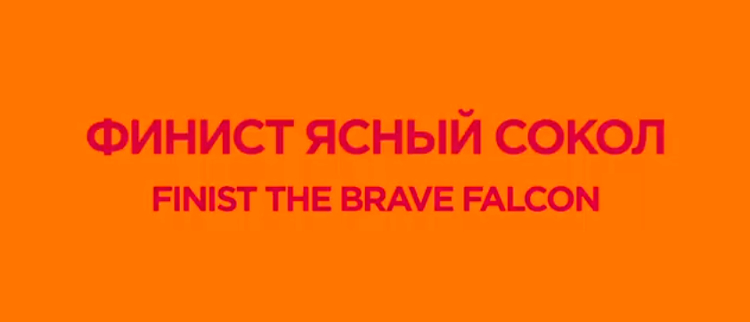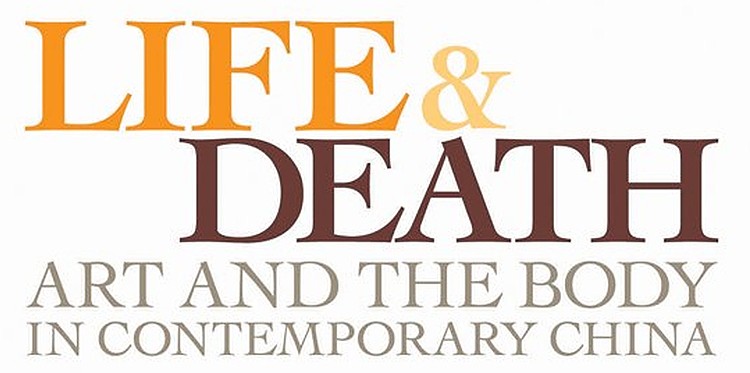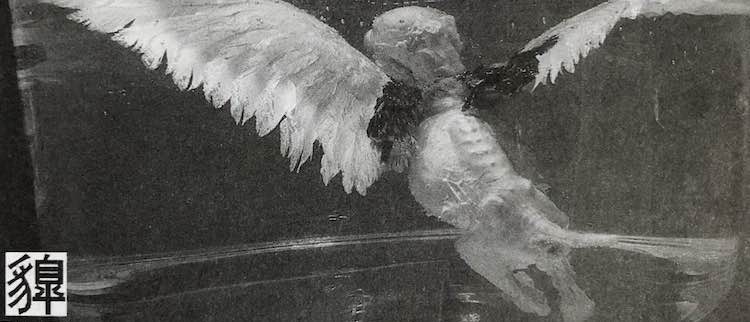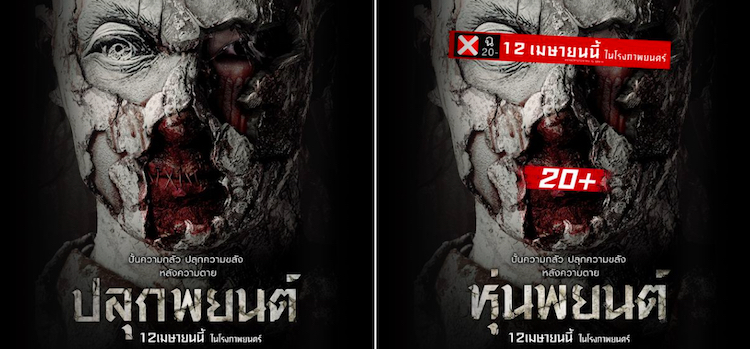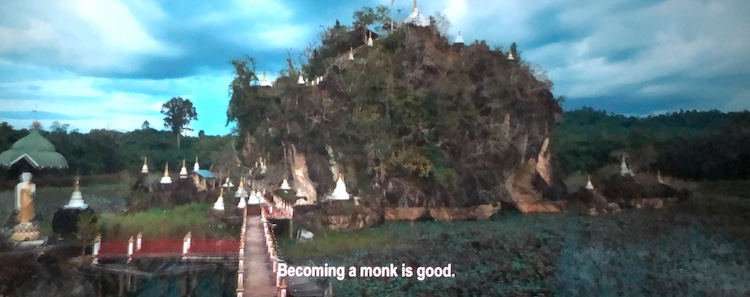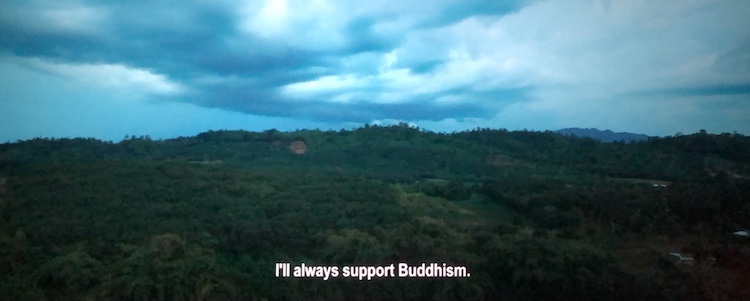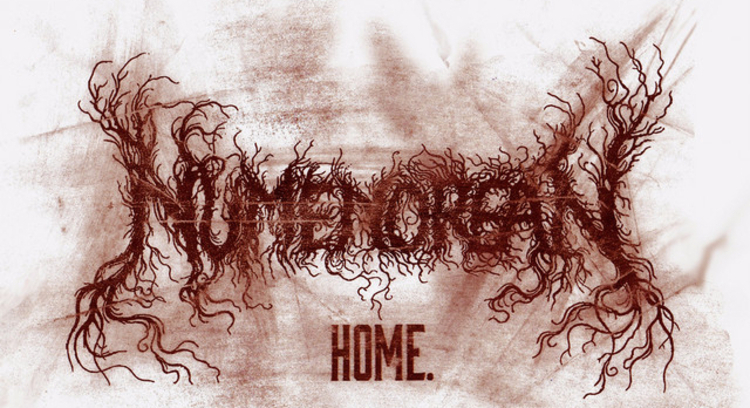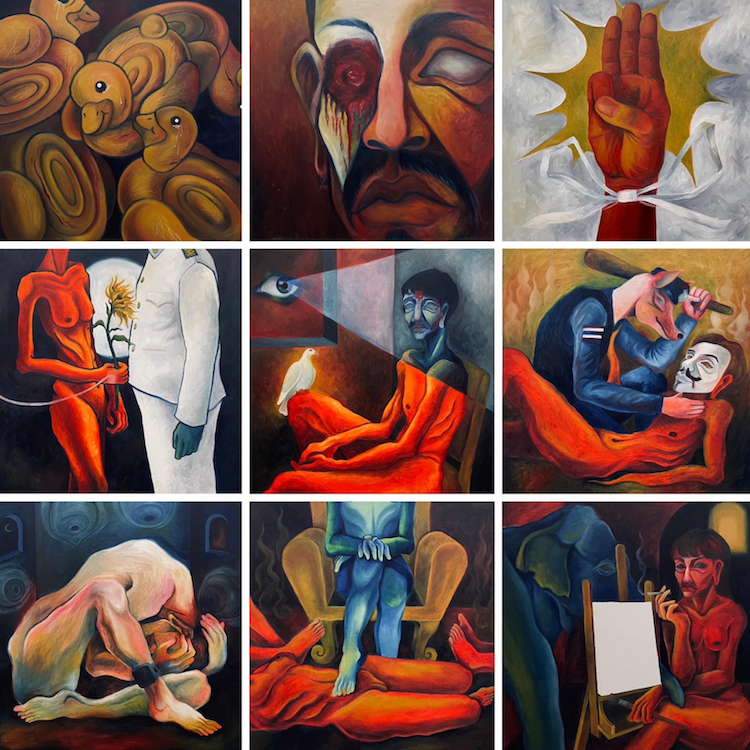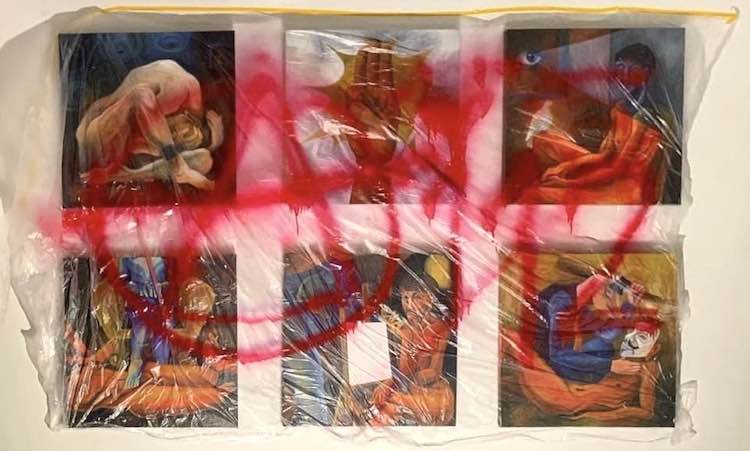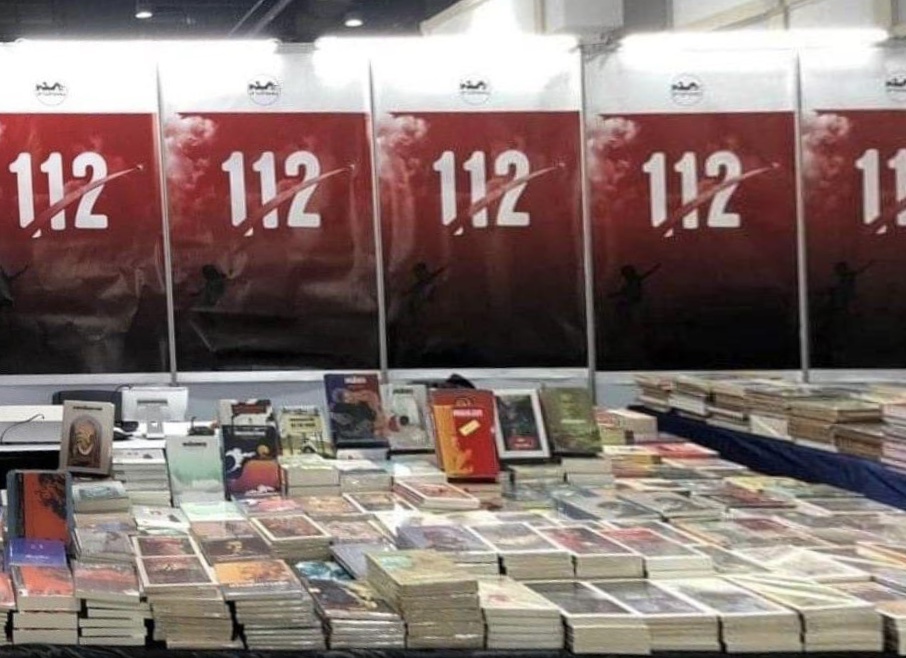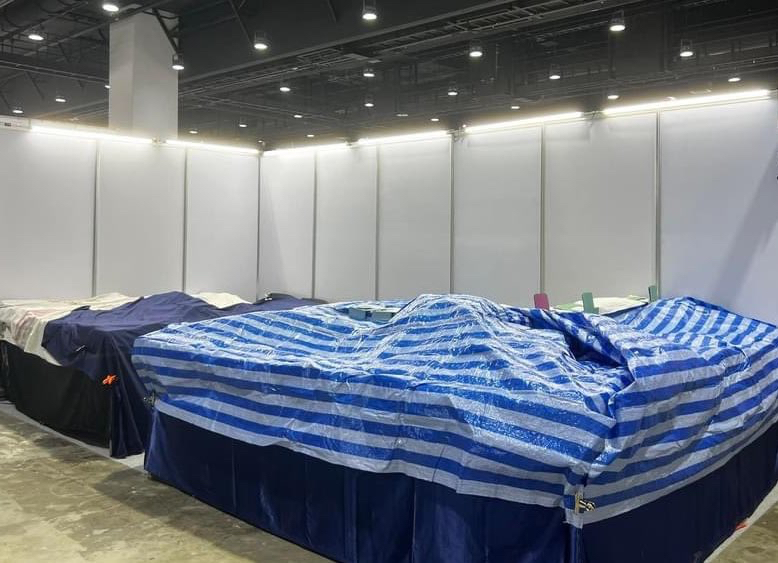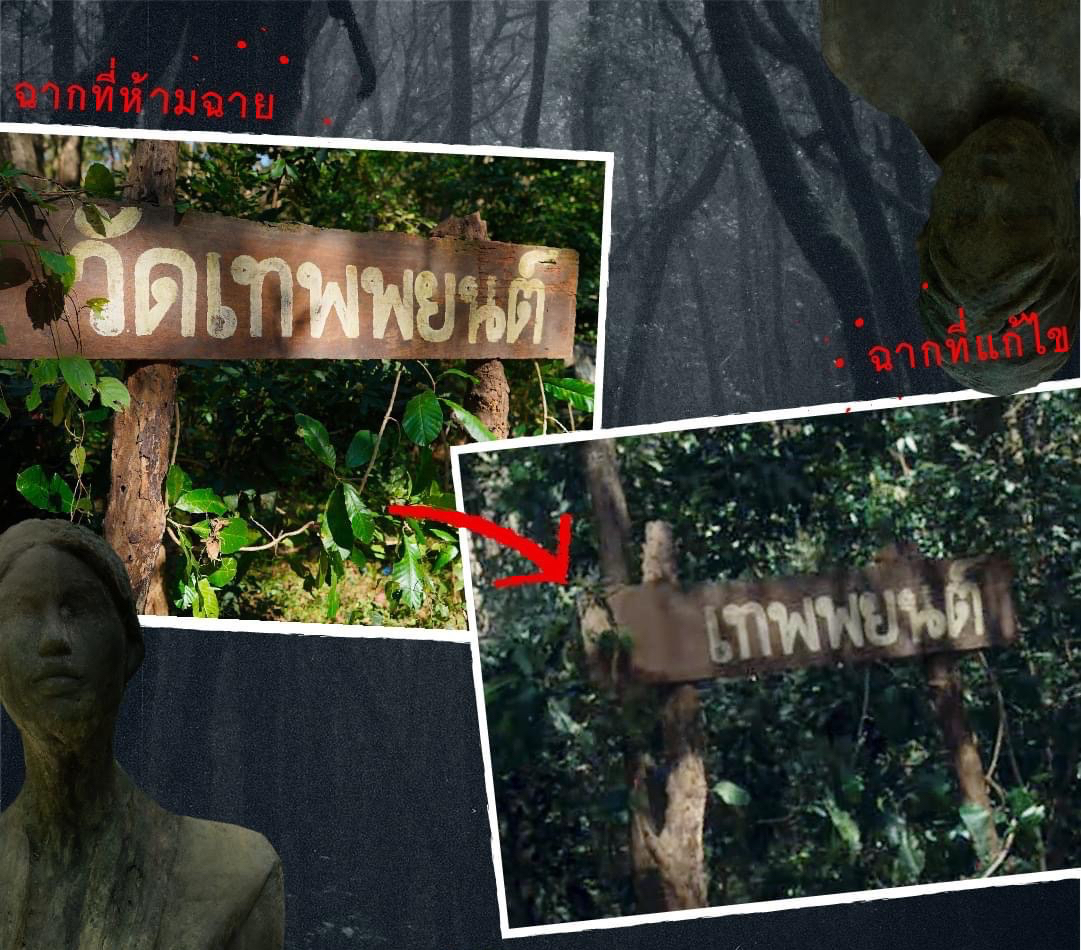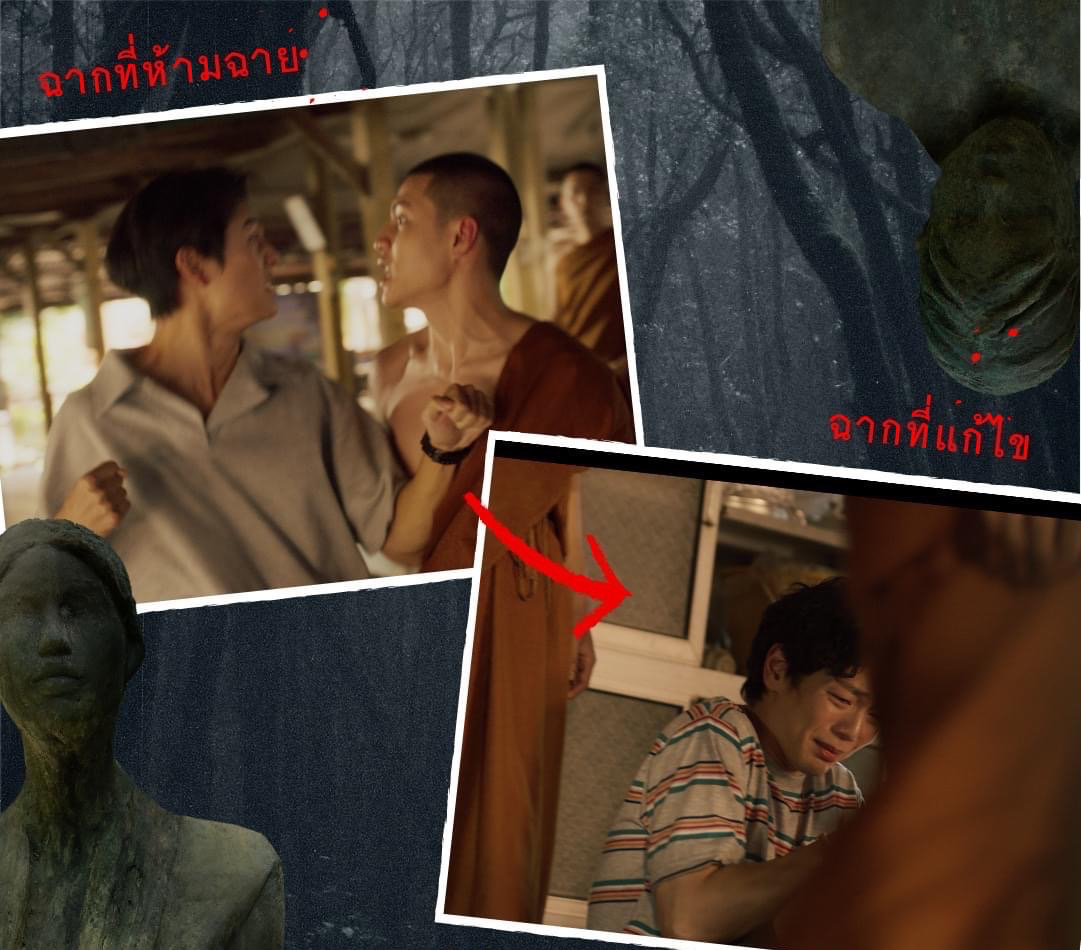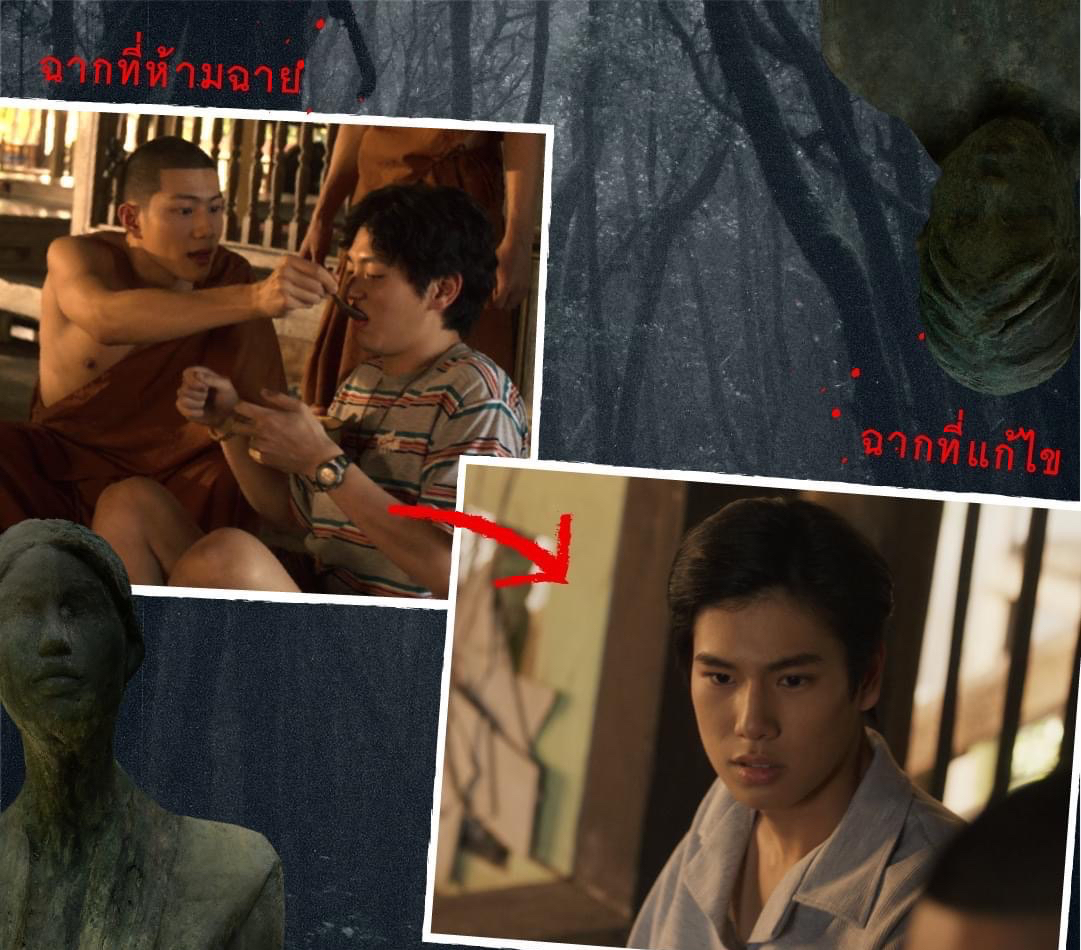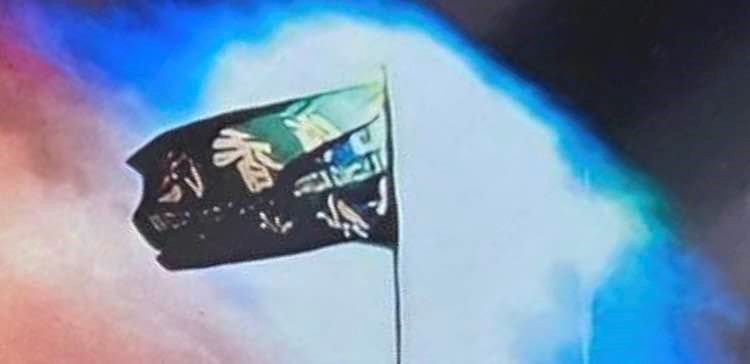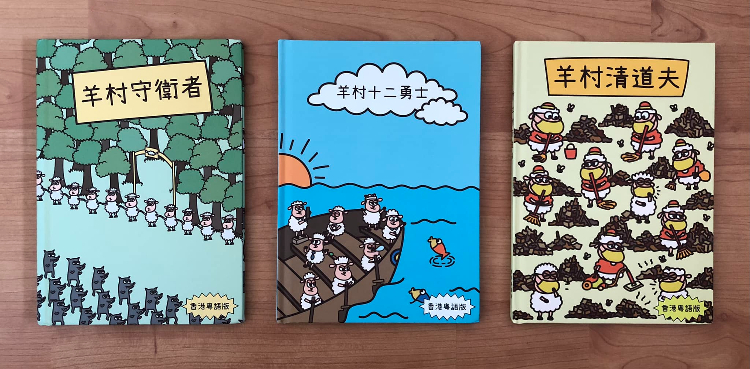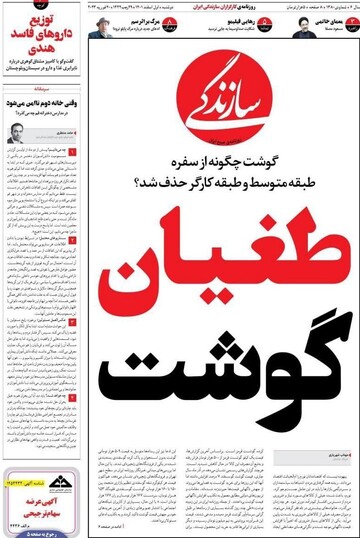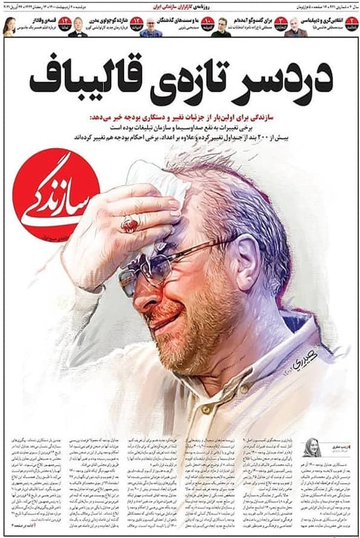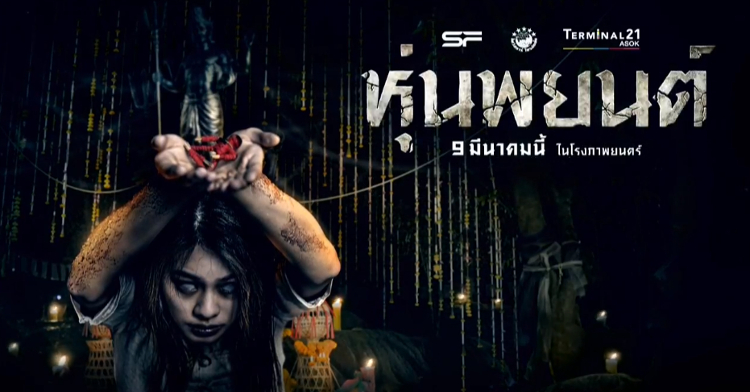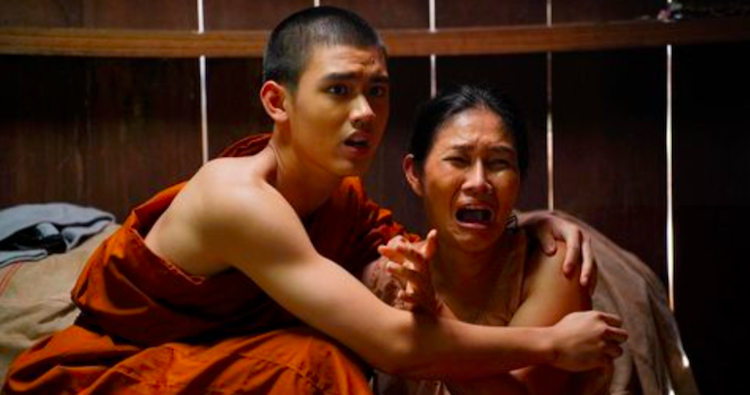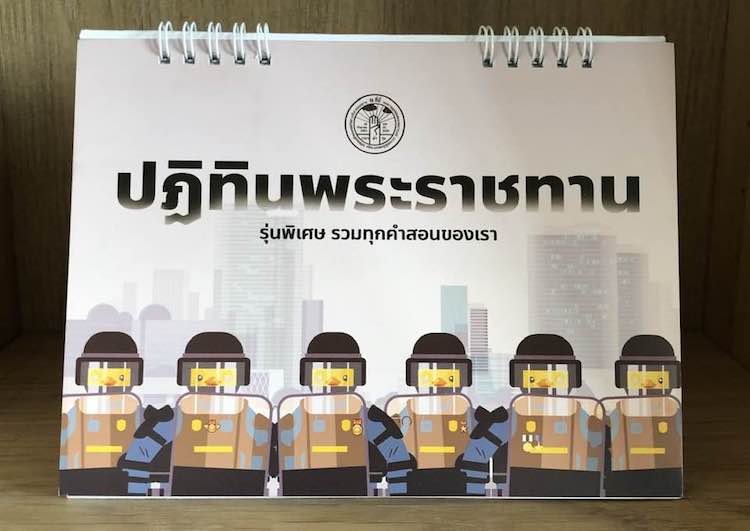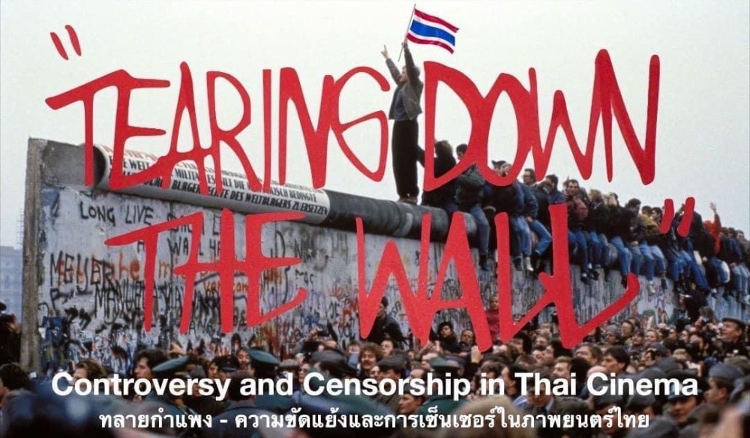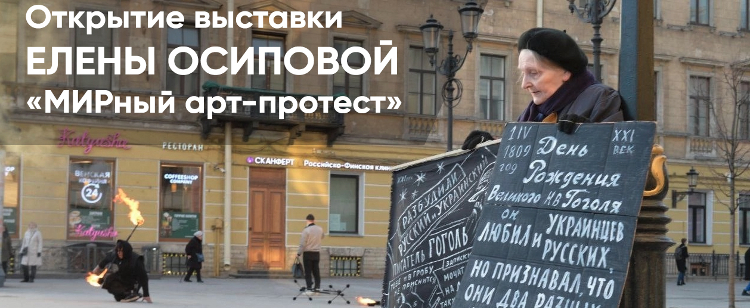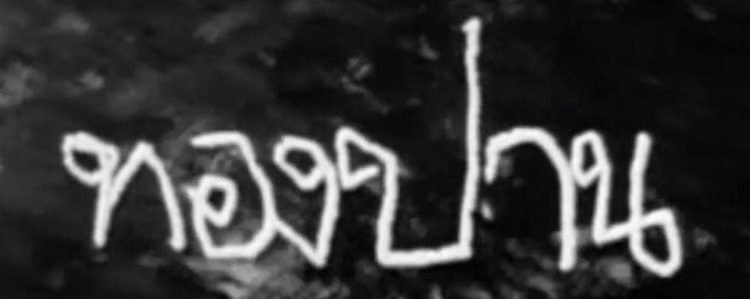US cable TV channel Fox News and election technology company Dominion Voting Systems have reached a settlement in their defamation case, with Fox agreeing to pay Dominion $787.5 million.
The Wall Street Journal reported at the weekend that a settlement was being discussed, and judge Eric Davis unexpectedly delayed the start of the trial, in a possible attempt to encourage settlement negotiations, though jurors were sworn in yesterday and the settlement was announced only at the last minute.
Dominion sued Fox in 2021, accusing the network of broadcasting “a series of verifiably false yet devastating lies” and “outlandish, defamatory, and far-fetched fictions” in the aftermath of the 2020 US presidential election: “Fox recklessly disregarded the truth. Indeed, Fox knew these statements about Dominion were lies.” The lawsuit cited false conspiracy theories that Dominion had rigged the election, claims spread by Donald Trump and his lawyers in the final months of his presidency and endorsed on Fox News shows.
Dominion had sought $1.6 billion in damages, which was widely considered unrealistic, even given the egregious nature of the Fox News broadcasts under dispute. Thus, the $787.5 million settlement, which represents almost half of the total damages originally sought, is extremely high. (As a company, Dominion is valued at less than $100 million.) The settlement implies either that Fox feared losing the defamation case and potentially paying more in damages, or—more likely—that the network sought to avoid the embarrassment of a public trial.
The trial was due to take place in Wilmington, Delaware, a city with a largely Democrat population. (Wilmingtonians voted 2:1 in favour of the Democrats in the 2020 presidential election, and President Joe Biden has a house in the city.) This suggests that the jurors were unlikely to be sympathetic to Fox News and its pro-Republican content. Also, in his pretrial ruling last month, the judge wrote that it “is CRYSTAL clear that none of the Statements relating to Dominion about the 2020 election are true”: an emphatic rejection of the Fox News defence of fair comment.
Once the settlement had been reached yesterday, Fox said in a statement: “We acknowledge the Court’s rulings finding certain claims about Dominion to be false.” This acceptance of the pretrial ruling, albeit in vague terms, is an unusual concession, as out-of-court settlements do not routinely include admissions of liability. This, coupled with the enormity of the settlement, suggests that Fox was keen to avoid potentially damaging witness testimony from its executives and prime-time hosts.
Fox’s defence had already been undermined by the release of hundreds of emails and text messages, submitted in evidence before the trial began. Crucially, these messages demonstrate that the hosts gave airtime to the conspiracy theories about Dominion software despite personally disbelieving them, which could demonstrate actual malice (the legal term for knowingly making false and defamatory statements). In a text message on 9th November 2020, for example, Tucker Carlson wrote: “The software shit is absurd.” Conversely, on his show later that day, he said: “We don’t know anything about the software that many say was rigged.” (Fox defended itself in
a previous defamation case by arguing that Carlson’s show should be viewed with “an appropriate amount of skepticism”.)
In a statement outside court yesterday, Dominion’s lawyer Justin Nelson said: “The truth matters. Lies have consequences. Over two years ago, a torrent of lies swept Dominion and election officials across America into an alternative universe of conspiracy theories, causing grevious harm to Dominion and the country.” Dominion is also
suing another right-wing cable channel, OAN, for $1.6 billion, though OAN lacks the funds to offer a Fox-style settlement. Another election technology company, Smartmatic, is
suing Fox for $2.7 billion.
The $787.5 million settlement makes this the largest media defamation case in US legal history. The previous record was the $222.7 million awarded in damages to Money Management Analytical Research in 1997, after
The Wall Street Journal accused the company of fraud in a 21st October 1993 article by Laura Jereski (headlined “Regulators Study Texas Securities Firm and Its Louisiana Pension Fund Trades”). In that case, however, the damages were reduced on appeal to $22.7 million. (In the UK,
libel damages were at their highest in the 1980s, though the amounts were paltry in comparison to the US.)

